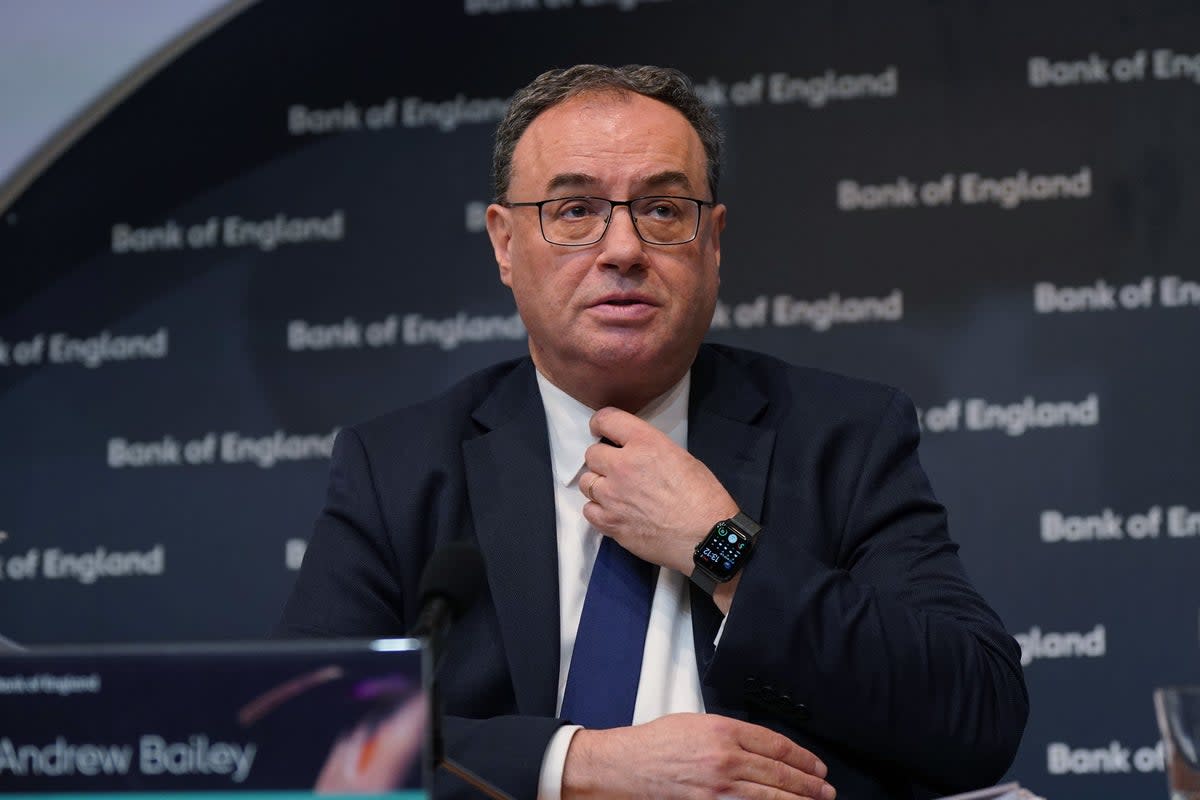Silicon Valley Bank collapse was fastest since Barings in 1995, Bank of England governor says

The collapse of Silicon Valley Bank (SVB) was the fastest banking failure since Barings in 1995, the Bank of England governor has said.
Speaking to the Commons treasury committee, Andrew Bailey said that the economy was in a “period of very heightened tension and alertness”, but noted the UK banking system is not in the same position as during the 2008 financial crisis.
Mr Bailey was questioned after SVB collapsed in the US around two weeks ago, sending shockwaves across global financial markets.
The group’s UK arm was sold to HSBC in a rescue deal, while Swiss bank Credit Suisse was forced into an emergency sale to rival UBS less than a week later while global stock markets slumped.
Mr Bailey said on Tuesday: “In my past 30 years, talking about the parent bank in the US to start with, Silicon Valley Bank saw the fastest passage from health to death really since Barings.
“That was a Friday to Sunday thing and this was pretty similar. The US authorities are still dealing with some of the consequences of the issues and the issues with regional banks which we saw with SVB.
“My very strong view about the UK banking system is that it is in a strong position both capital and liquidity-wise, it is not showing signs of problems in that respect and we have tested very extensively.”
His intervention comes after he told MPs last week that the Bank of England had warned US regulators over the growing risks at SVB well before its collapse.
In his letter to the parliamentary committee, he also criticised a decision from US authorities to ensure all SVB deposits beyond the $250,000 (£202,000) are covered by federal deposit insurance rules.
On Tuesday, Mr Bailey insisted that it should not become “the norm” that all deposits are protected when a bank fails after the United States treasury secretary, Janet Yellen, suggested that it would safeguard people’s savings in the event of another smaller lender collapsing.
He added that it can be difficult to strike a balance between stopping “bank runs” happening by offering to protect savings, and ensuring deposit guarantees do not become the norm.
“I don’t for one moment want to criticise the US authorities, as I think they have been dealing with a very hard situation,” he said.
He stressed that the Bank was remaining “very vigilant” as the markets have sought to test how financially robust banking firms currently are.
He also told the committee: “There is a story in the SVB US case which we will get on to I am sure, about interest rate risk in the banking book – we treat that differently in our capital regime to the US.
“There was also a lot that was idiosyncratic about Credit Suisse. I don’t think that any of these features cause stress in the UK system.
“I don’t think we are at all in the place we were in 2007-8, a very different place, but we have to be very vigilant. We are in a period of very heightened tension and alertness and we will go on.”
